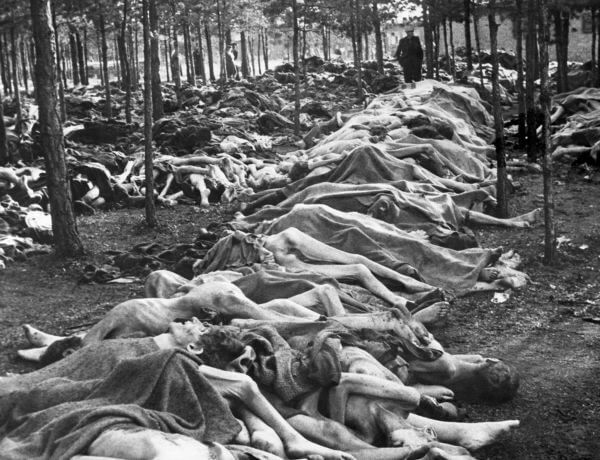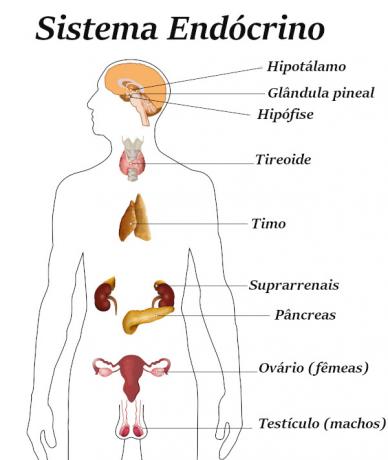On the 13th, the Chamber of Deputies approved the Complementary Bill nº 18 that establishes the ceiling of the Tax on Circulation of Goods and Services (ICMS) on fuel, telecommunication services, public transport and electricity. According to the text, states should charge 17% of the total amount in taxes. Now, the measure that was approved by 65 senators only depends on the sanction of President Jair Bolsonaro.
Read more: Bill provides for free license renewal
see more
'Barbie' movie predicted to boost Mattel profits…
Japanese company imposes time restriction and reaps benefits
Through this proposal, the Federal Government seeks to reduce fuel prices and reduce some of the political pressure on Bolsonaro in an election year. That's because, in recent months, the current president has been blaming fuels for his high level of disapproval in election polls.
How does the proposal work?
Basically, by limiting the collection of ICMS, especially on fuel, it is possible to reduce the effect of inflation on them, where there is a reduction in the final price passed on to the consumer. According to the text, the aforementioned items are now classified as indispensable essentials, which ends up prohibiting the federative units from applying an ICMS rate above that 17%.
However, since the processing process, the proposal has not been well received by state and municipal governments, which has generated friction with the federal government. Including, some states had the price of fuel readjusted after the measure, irritating the Plateau even more. Governors were against the text and justified the loss of revenue. According to the Finance Department, the state of São Paulo alone is expected to lose R$ 14.4 billion.
According to the representatives of these subnational units, this limitation can bring a financial loss which will compromise the implementation of public policies and some essential services, such as health and education. In order to reduce this impact, the government seeks to compensate states and municipalities so that they maintain the same levels of resources they had before the law was sanctioned.



